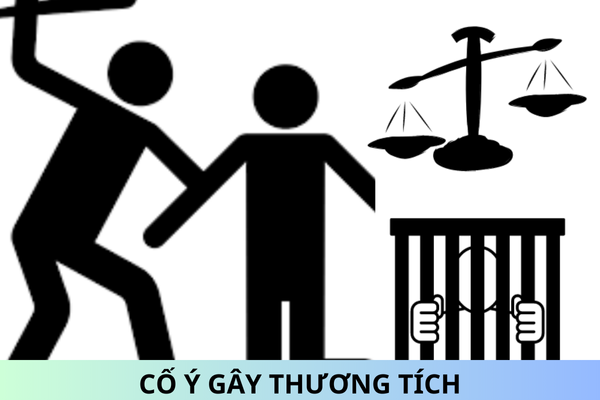How are Crimes Defined in the 2015 Criminal Code?
Crimes in the 2015 Criminal Code
Crimes are defined in Clause 1, Article 8 of the 2015 Criminal Code as follows:
A crime is an act dangerous to society, defined in the Criminal Code, committed intentionally or unintentionally by a person with criminal responsibility capacity or a commercial legal entity, infringing upon the independence, sovereignty, unity, territorial integrity of the Fatherland, infringing upon political, economic policies, cultural foundations, national defense, security, social order, safety, rights, lawful interests of organizations, infringing upon human rights, rights, lawful interests of citizens, infringing upon other fields of socialist law and order as stipulated in this Code to be subject to criminal liability.
Thus, according to this regulation, the concept of crime in the 2015 Criminal Code has been expanded **** to include both individuals and commercial legal entities. This is completely different from Clause 1, Article 8 of the 1999 Criminal Code, thereby creating a solid basis for prosecuting criminal responsibility against commercial legal entities.
It should be noted that because the concept of crime in the 2015 Criminal Code has been expanded, the characteristic signs of a crime according to this definition have also changed. Specifically, in addition to the four traditional characteristics of a crime - social danger, criminal unlawfulness, fault, and the requirement to be punished - for legal entities, it must also comply with the provisions of Article 74 of the 2015 Criminal Code (subject to criminal liability under the provisions of Chapter XI; under other provisions of Part One of this Code which are not contrary to the provisions of Chapter XI).
Regarding the classification of crimes: According to the provisions of Article 9 of the 2015 Criminal Code, based on the nature and extent of social danger of the act, crimes are classified into four categories as follows:
Less serious crimes are crimes that have a nature and extent of social danger that are not large, with the highest penalty range defined in this Code for that crime being a fine, non-custodial reform, or imprisonment of up to 03 years;
Serious crimes are crimes that have a nature and extent of social danger that is significant, with the highest penalty range defined in this Code for that crime being more than 03 years to 07 years of imprisonment;
Very serious crimes are crimes that have a nature and extent of social danger that is very significant, with the highest penalty range defined in this Code for that crime being more than 07 years to 15 years of imprisonment;
Particularly serious crimes are crimes that have a nature and extent of social danger that is particularly significant, with the highest penalty range defined in this Code for that crime being more than 15 years to 20 years of imprisonment, life imprisonment, or death penalty.
The above is the consultation content of the Law Clerk Editorial Board on the definition of crime. To understand this in more detail, you should refer to the 2015 Criminal Code.
What is the maximum penalty for particularly serious crimes?
Based on Clause 2, Article 1 of the Law Amending the Criminal Code 2017, the classification of crimes is regulated as follows:
- Based on the nature and extent of the social danger of the criminal act specified in this Code, crimes are classified into four categories as follows:
a) Less serious crimes are crimes that have a nature and extent of social danger that are not large, with the highest penalty range defined in this Code for that crime being a fine, non-custodial reform, or imprisonment of up to 03 years;
b) Serious crimes are crimes that have a nature and extent of social danger that is significant, with the highest penalty range defined in this Code for that crime being more than 03 years to 07 years of imprisonment;
c) Very serious crimes are crimes that have a nature and extent of social danger that is very significant, with the highest penalty range defined in this Code for that crime being more than 07 years to 15 years of imprisonment;
d) Particularly serious crimes are crimes that have a nature and extent of social danger that are particularly significant, with the highest penalty range defined in this Code for that crime being more than 15 years to 20 years of imprisonment, life imprisonment, or death penalty.
Thus, for particularly serious crimes, the maximum penalty range defined in this Code is more than 15 years to 20 years of imprisonment, life imprisonment, or death penalty.
Respectfully!










